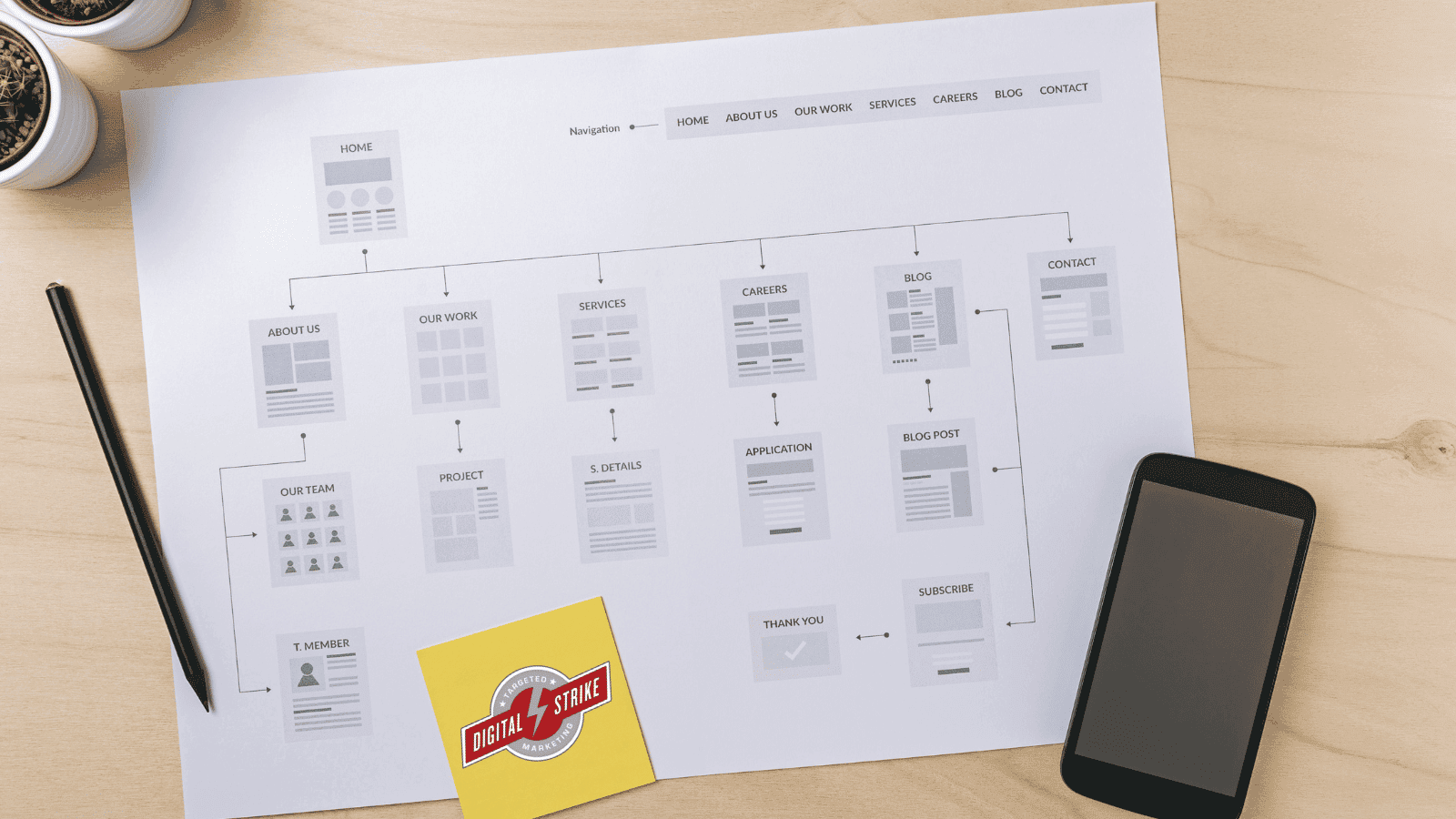“Have you heard about inbound marketing?”
This is how a recent client call started. Then, to make things worse, they proceeded to ask, “How is HubSpot different from SEO?”
Let’s put this conversation into perspective:
Imagine for a moment you’re a pianist. You’re playing a show when an audience member approaches you and asks if you’ve heard of sheet music. Oh, and by the way, what’s the difference between a piano and you, the pianist?
This is essentially what they were asking us. And, to be fair, we were caught off guard and didn’t give them a very good answer.
Here’s how this story ended:
The client left us, and bought HubSpot. So, no, it didn’t end well.
But we’ve had some time to think, and we’ve come up with a better answer to their question. Now, we’re sharing that answer with you.
So what is inbound marketing? And how is HubSpot different from SEO?
We’ll start with explaining “inbound marketing.” HubSpot coined the term and, to great success, has sold the idea that inbound marketing is better than digital marketing. It’s easier than digital marketing. It’s the gold mine small and medium businesses have been dreaming of.
And, to be honest, HubSpot’s marketing message is amazing. They’re selling you on the idea that their software—merely a tool used to measure digital marketing efforts—is actually doing the marketing.
They’re selling their product (marketing automation software) as the service it measures (digital marketing), and calling the service by a new, fancier name (inbound marketing). In essence, they’re selling a hammer like it’s the carpenter—and calling carpentry by a new name.
“Inbound marketing” is a fancy (and very clever!) term HubSpot created to generate distance between what HubSpot does, and what other agencies do. It creates an “us”—inbound marketers—and a “them”—digital marketers. It implies that HubSpot’s inbound methodology is inherently better than digital marketing. And it even convinces people that HubSpot software actually executes marketing strategies.
Very. Smart. Marketing.
But here’s the thing: behind HubSpot’s clever marketing, inbound marketing and digital marketing are one and the same. Yes, really.
Let’s compare digital marketing and inbound marketing:
Digital Marketing: Attracting, educating and converting sales-qualified leads with the goal of generating more dollars-and-cents business.
Inbound Marketing: Attracting, educating and converting sales-qualified leads with the goal of generating more dollars-and-cents business while using HubSpot’s marketing and sales automation software to track and measure your success.
The underlying methodology—attracting qualified customers to you—is the same. The services—keyword-targeted content creation, on- and off-page SEO, guest blogging, email campaigns—are the same. The only difference is the software.
This is where we get to the second part of the client’s question: what is the difference between SEO and HubSpot?
Here’s our answer.
HubSpot is a great product and a wonderful tool for tracking your digital marketing efforts. But it’s not a set-it-and-forget-it purchase. It won’t replace your agency and it won’t replace your marketing manager. It doesn’t replace the strategy, tactics and execution your business needs to acquire more traffic, leads and, ultimately, sales. And, if you buy HubSpot and sit around expecting results, you’ll be sorely disappointed.
Think of it this way: Everyone can buy a Mac, but not everyone can use it to write a best-selling book. It’s not about having the best tool out there. It’s about what you do with it.
HubSpot, like the Mac, will certainly help, but you need the strategy, know-how and follow-through to get the results you want.
The takeaway here is threefold:
- Don’t expect your marketing automation tool to actually execute your inbound marketing strategy
- “Inbound marketing” and “digital marketing” are two ways of saying the same thing—the strategy and tactics you can use to attract and convert qualified customers online. And calling your “digital marketing” efforts “inbound” won’t magically make your sales soar.
- HubSpot is a great purchase for some organizations—we can even help you set up your workflows—but it’s only worth it if you’re willing to invest in a strong digital marketing strategy, too.






